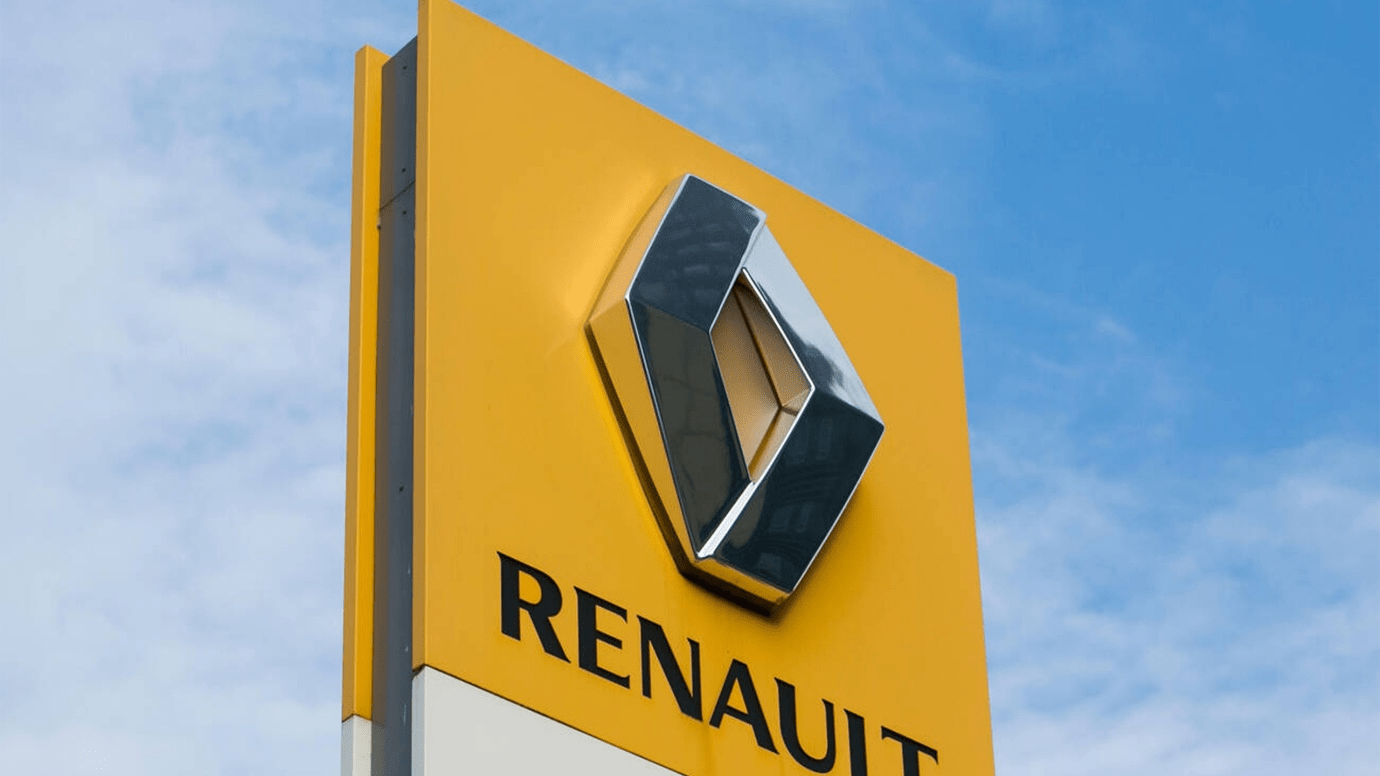
Why Skills-First Leadership Is Replacing the Ivy League Playbook in the C-Suite
The old prestige pyramid—where Ivy League degrees and blue-chip consulting backgrounds paved the way to the CEO seat—is cracking.

November 09, 2022: -French automaker Renault will partner with Google to develop its cars, such as a tech company making software.
The pact is expanding on a previous collaboration between the two firms. Renault will commit to creating a “software-defined” vehicle using technology from Google’s cloud division.
Both companies are planning to create a “digital twin” of a new vehicle using artificial intelligence. Digital twins aim to replicate physical objects in a virtual setting to be tested and monitored before real-world deployment.
The companies said the deal would help Renault develop new onboard and offboard applications. Renault will use data analytics to detect and resolve failures in how the vehicle functions and personalize users’ experience to adapt to often-used destinations, like electric vehicle charging stations.
“The complexity of the electronic architecture of cars is surging, driven by the sophistication of the functionalities and services anticipated by customers,” said Luca de Meo, CEO of Renault Group, in a statement Tuesday.
“Equipped with an IT platform, continuous over-the-air updates, and streamlined getting to car data, the SDV approach created in partnership with Google will change our vehicles to help provide future customers’ needs.”
Renault first partnered with Google in 2018 to integrate the tech giant’s Android operating system into in-car media displays. The firm plans to move its whole operational model to the cloud eventually.
On Tuesday, Google CEO Sundar Pichai commented on the partnership Tuesday that it would “help accelerate Renault Group’s digital transformation by coming together our expertise in the cloud, AI, and Android to provide a secure, highly-personalized experience that meets customers’ evolving expectations.”

The old prestige pyramid—where Ivy League degrees and blue-chip consulting backgrounds paved the way to the CEO seat—is cracking.

Loud leaders once ruled the boardroom. Charisma was currency. Big talk drove big valuations.

But the CEOs who make history in downturns aren’t the ones with the deepest cuts

Companies invest millions in leadership development, yet many of their best executives leave within a few years. Why?

The most successful business leaders don’t just identify gaps in the market; they anticipate future needs before anyone else.

With technological advancements, shifting consumer expectations, and global interconnectedness, the role of business leaders

Following a distinguished Law Enforcement career Joe McGee founded The Securitatem Group to provide contemporary global operational specialist security and specialist security training products and services for private clients, corporate organisations, and Government bodies. They deliver a wide range of services, including complete end-to-end protection packages, close protection, residential security, protection drivers, and online and physical installations. They provide covert and overt investigations and specialist surveillance services with a Broad range of weapons and tactical-based training, including conflict management, risk and threat management, tactical training, tactical medicine, and command and control training.

Jay Wright, CEO and Co-Owner of Virgin Wines infectious energy, enthusiasm, passion and drive has been instrumental in creating an environment that encourages talent to thrive and a culture that puts the customer at the very heart of every decision-making process.

Fabio de Concilio is the visionary CEO & Chairman of the Board at Farmacosmo, a leading organization dedicated to mental health and community support services. With a deep commitment to identifying and meeting customer needs, Fabio ensures that high standards are maintained across the board.

Character Determines Destiny – so said Aristotle. And David CM Carter believes that more than anything else. For David, it has been numerous years of research into codifying Entelechy Academy’s 54 character qualities that underpin everything he stands for as a leader and teacher.


Leave us a message
Subscribe
Fill the form our team will contact you
Advertise with us
Fill the form our team will contact you